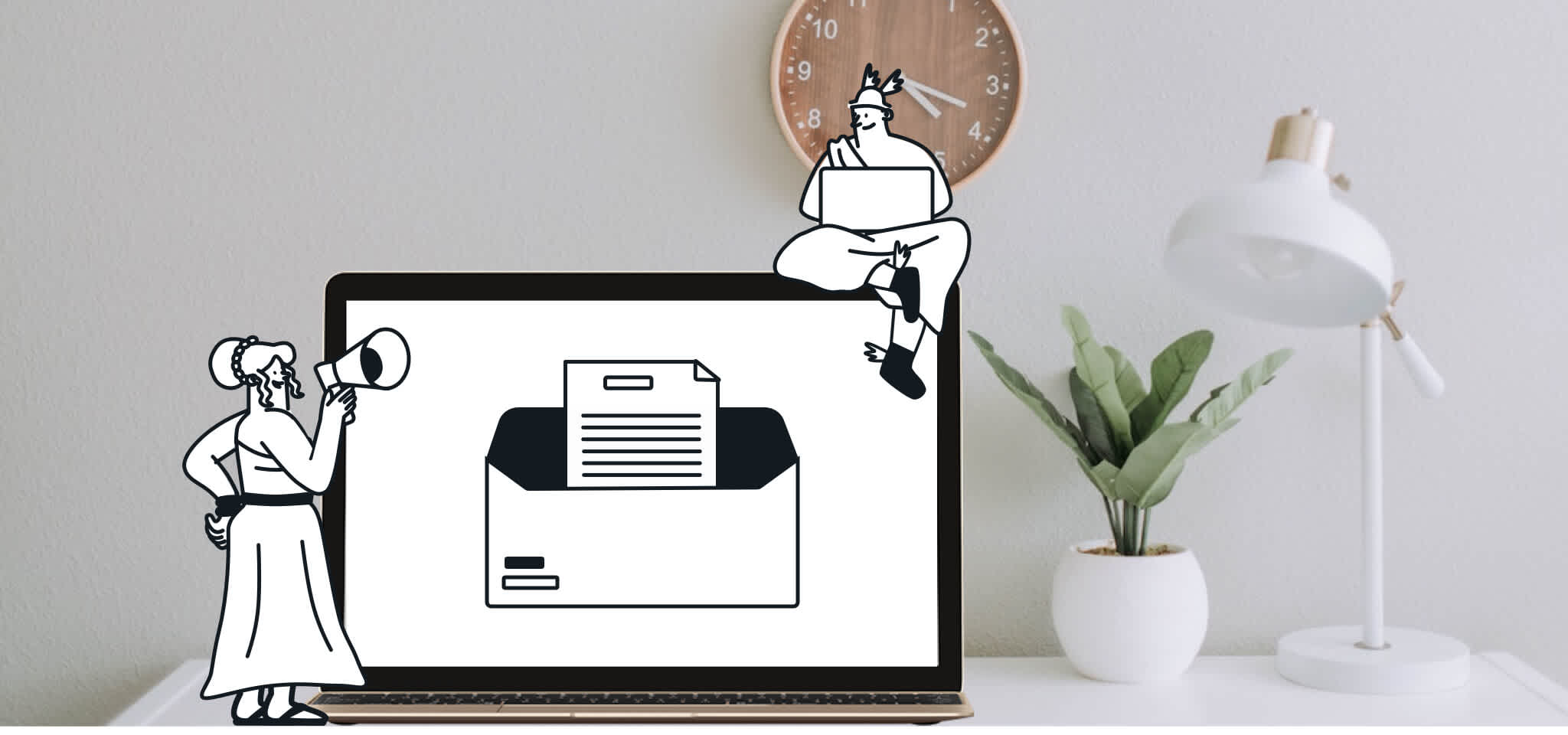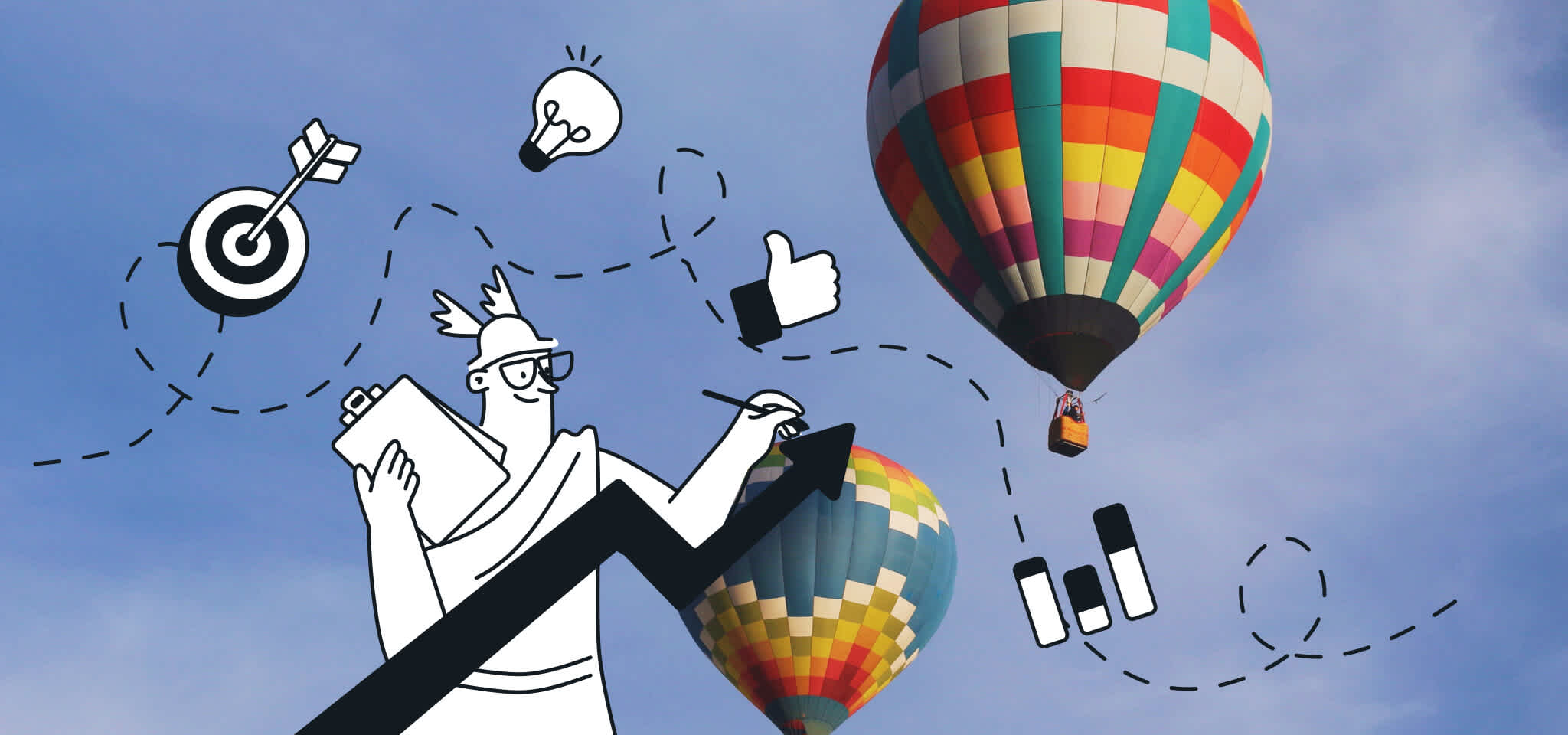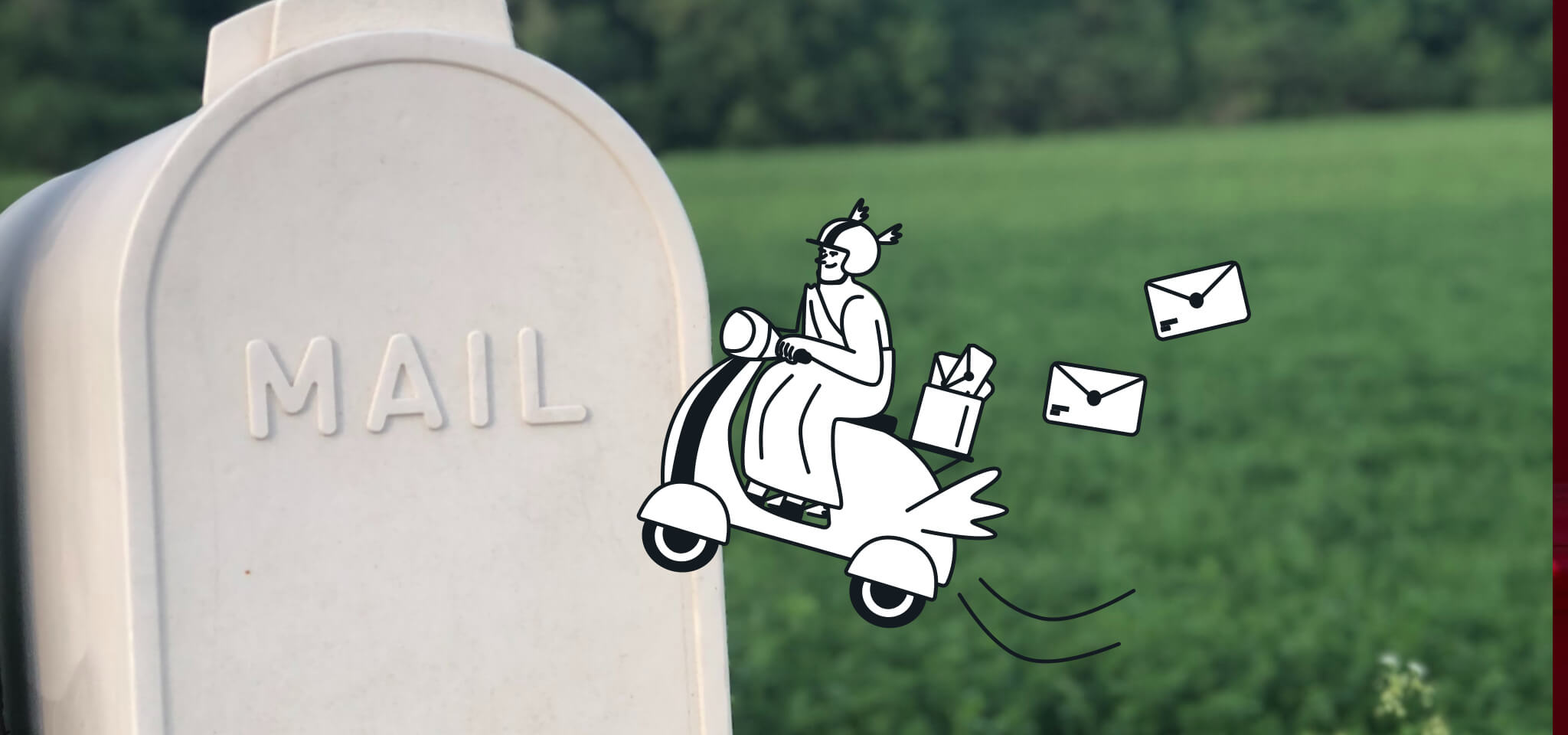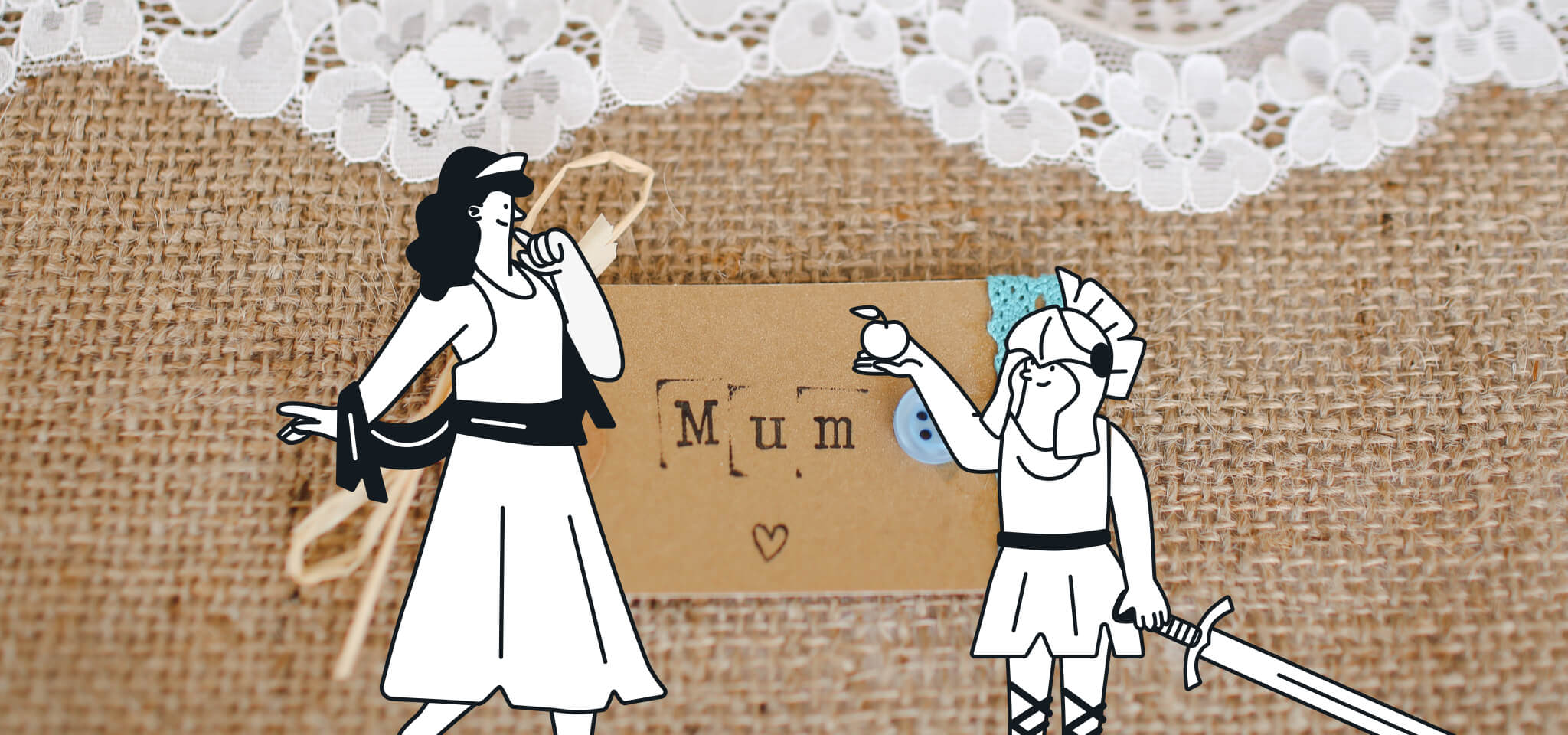Email Best Practices
5 trusted principles for growth through receipt emails
Receipt emails (and all post-purchase emails) are part of what’s called "transactional" emails. As marketers, there's one thing you need to know about them, i.e., they have the highest open rates among all emails sent to recipients.
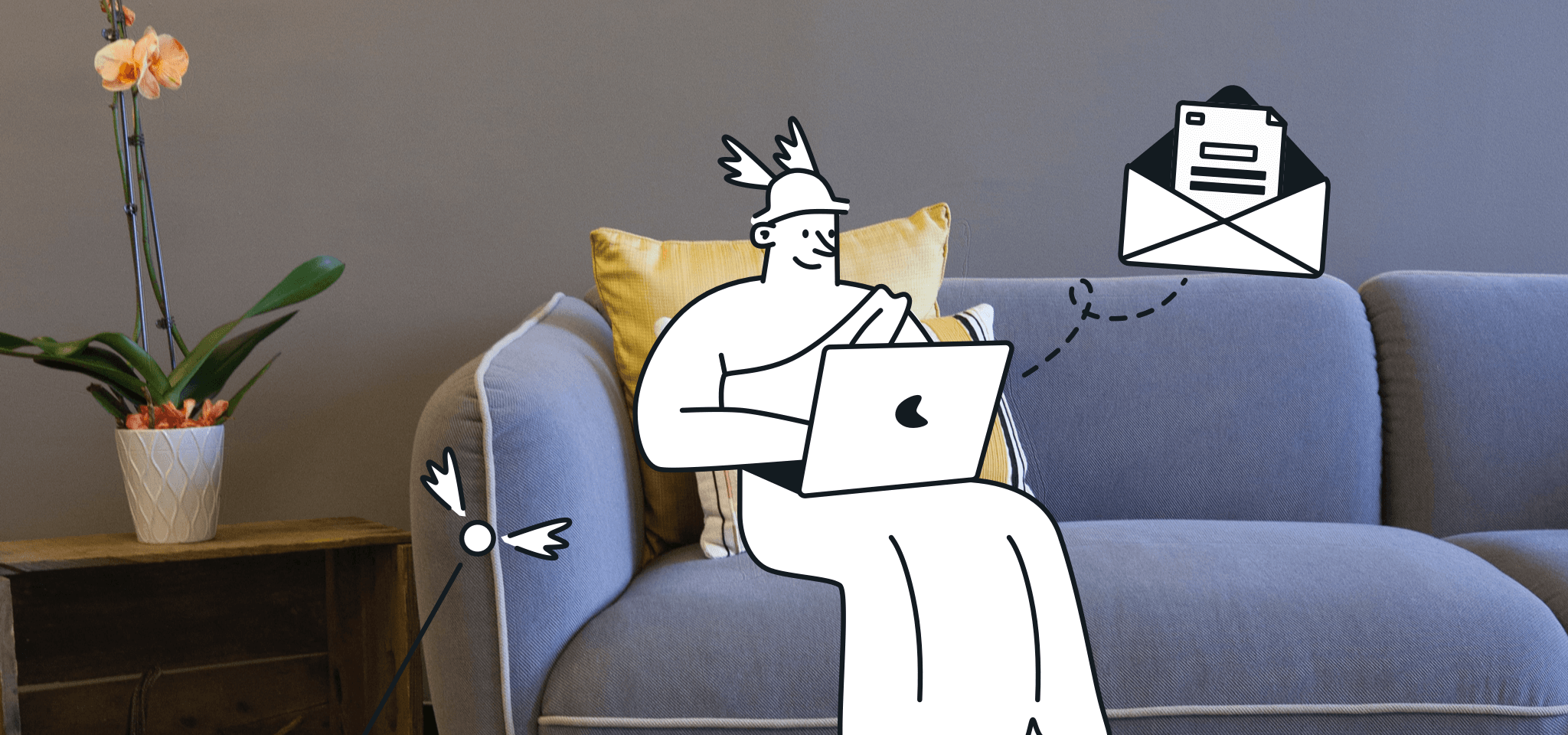
PUBLISHED ON
You go to an online store, purchase something, check out, and voila! The transaction is successful. What's the next thing you do? You check your email for the purchase receipt.
It turns out almost everyone around the world does the same thing – we wait for the follow-up email receipt even if we got a purchase confirmation when checking out. Receipt emails (and all post-purchase emails) are "transactional" emails, and interestingly enough, their open rates are higher than any other type of email.
As the name suggests, transactional emails, also known as triggered emails, are generated after a user takes some sort of action. According to Mailgun, transactional emails have an average open rate of 80-85%, while traditional marketing emails have 20-25%. That’s why most small businesses focus on getting the best offers up on their transactional emails, which are a gateway to increased revenue and longer customer lifetime value.
According to Invespo’s research, it's five times easier to sell to an existing audience than to someone who doesn't know about you.
But why should only a handful of companies reap the benefits of receipt email growth hacks? We studied these emails, and a pattern emerged. It's not so much about email marketing hacks as it’s about behavior patterns. There are five core principles that direct the success of your transactional email messages.
Table of content
1. Focus on only one
2. Build virality right into the growth hack
3. Try additive incentives
4. Find the “next easiest purchase”
5. Don't always focus on revenue
5 principles of receipt email you need to know
1. Focus on only one
People usually read transactional emails, whether using the Gmail app on a mobile device or an email client on a laptop. They don't just skim through it. Another exciting email tracking stat is people reopen transactional emails, so there isn't a need to include read receipt requests.
However, this may give us false hope that we can push a lot of messages and people will read them. People may read your email but not click through if you have too many components in your transactional email, which is why you should focus on one call-to-action (CTA). For example, you can choose one of the following in your transactional email to encourage recipients to take action.
Share with a friend (to get 50% off)
Purchase again to get free shipping
Add another product to the basket at a discount
Too many promotions in one email can lead to analysis paralysis. Have just one offer at the end of your transactional email – just one! The customer either takes it or leaves it. Narrowing down to just one option prevents you from confusing the customer and increases the chance of clicking a CTA.
In the following example, Ruggable includes a 15% discount at the beginning of their receipt and doesn't inundate the customer with other offers.

2. Build virality right into the growth hack
The story of how Hotmail became what it was (just before Microsoft purchased it) has been told 8.5M times – literally. How so? One of the company's most classic growth hacks was adding a line after the email signature ("PS. Get your free email at Hotmail").
Virality is what gives companies the exponential boost they need to proliferate. Your email growth hacks can't be simple, like "Get free shipping on your next purchase using this code." They're not viral. Check out Dollar Shave Club’s example of a growth hack with virality built into it.
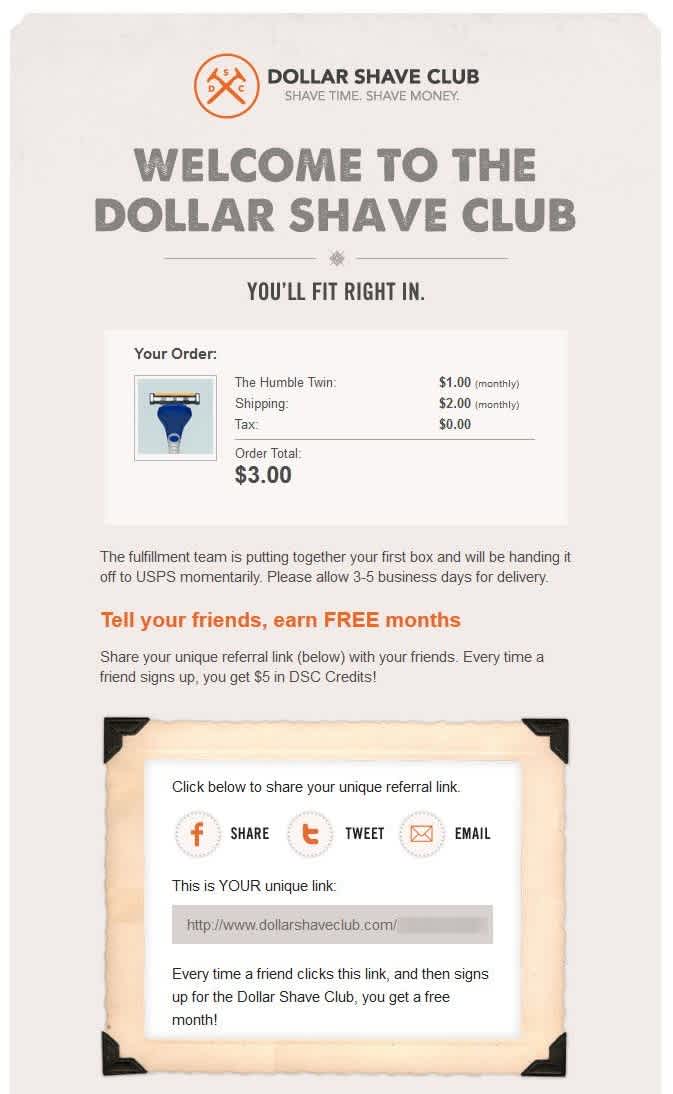
Here, Dollar Shave Club aims to go viral through its “Tell your friends, earn FREE months” growth hack. It's obvious – this way, your current customer gets you one more user. It’s essential to come up with ways to make your offer viral. That means you have to tweak your offer (or design it) to make it compulsorily viral.
3. Try additive incentives
David Ogilvy once said that if an ad works, you shouldn't try changing it (That was his version of "if it ain't broke, don't fix it"). The real lesson here is to reuse an idea if it works the first time. Let’s look at an example.
Company X adds a "Get your next ride free if you refer a friend" to its transactional emails as a growth hack. Since this is a one-time offer, you can't reuse it. Company Y adds a "Get $10 off every time you add a new friend" to its receipt email growth hack. Here's the nudge: This is not a one-time offer, you can reuse this as many times as you want. While Company Y loses $10 per transaction, it makes up for it even more because it gets a new customer every time someone uses that offer. In the long run, Company Y has a more extensive customer list that it can tap into, which can mean massive growth.
Additive incentives are often seen in a bad light because incubators tell you that you should try to maximize your revenue. But there's no way to find out if it works or not without trying it in your market, performing click-tracking research, and monitoring sales. These incentives work on two levels: A growth hack that can help your company grow and an incentive that brings people back to you (repeat purchases). Adding these to your transactional emails further boosts growth (because reopen rates are high).
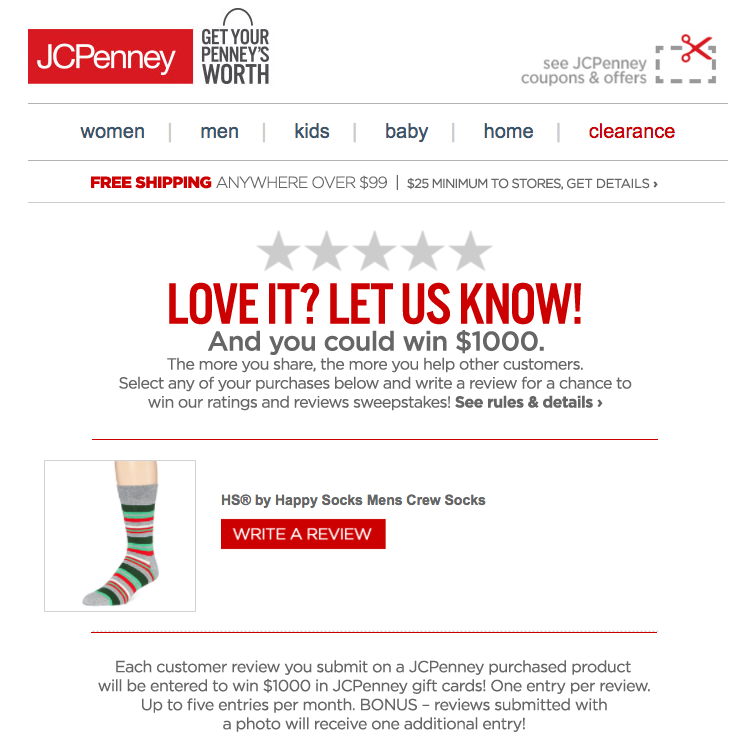
Here, JCPenney offers customers an enticing offer of a $1,000 gift card for every review they submit. This is an incentive they can use multiple times, increasing the possibility of website visits and future purchases.
4. Find the “next easiest purchase”
When you design your receipt email growth hack offer, figure out the next easiest purchase for the customer who just purchased from you. As an example, the easiest purchase is also often the most relevant. Huckberry uses the classic cross-sell.
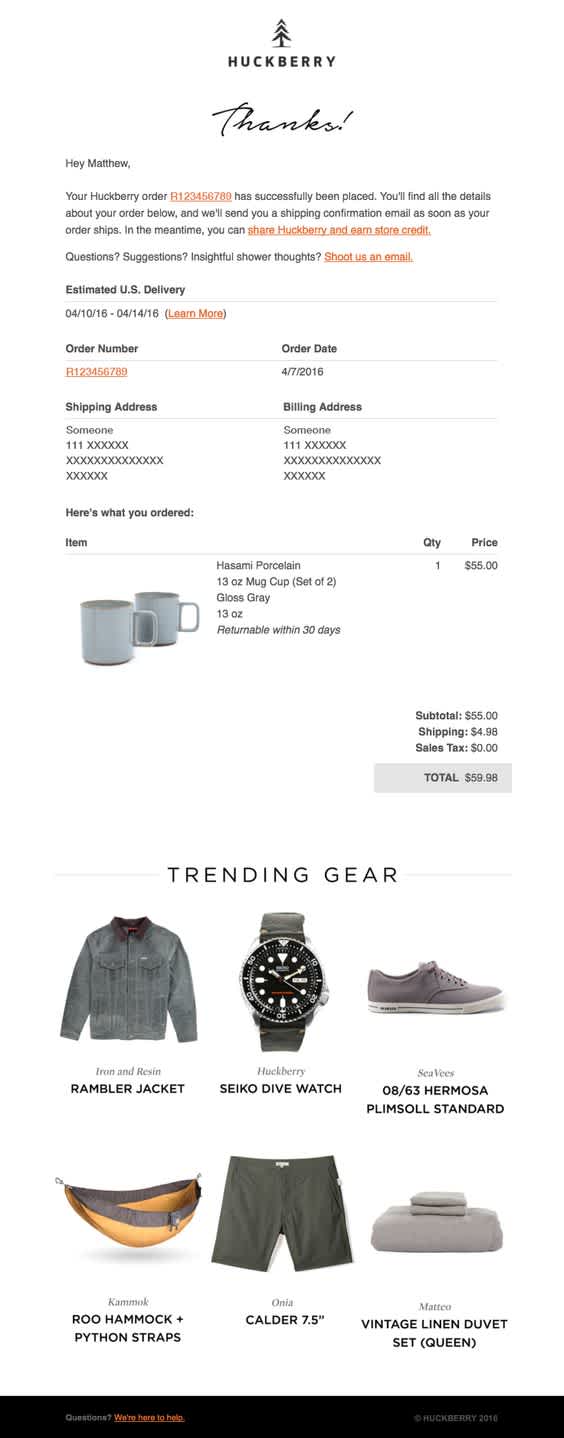
In many ways, the "next easiest purchase" hack is a cross-sell. But what’s really smart is that they extend this to include not just a purchase that adds to the current one but also a purchase that the customer will likely make next time. The next easiest purchase isn’t that difficult to figure out. If you’re Uber, for example, the next easiest purchase is an upgrade or a ride back home!
The trick is finding the most optimal, relevant "next easiest purchase" and incorporating the other rules of the growth hack (virality, focusing on one thing only, etc.).
5. Don't always focus on revenue
Sure, transactional emails enjoy a superior open rate and are goldmines for increasing customer lifetime value. But don’t let statistics – and the need for growth – dictate the terms of how you delight your customers. Sometimes, the simplest growth hacks are about improving the customer experience in ways they don't expect.
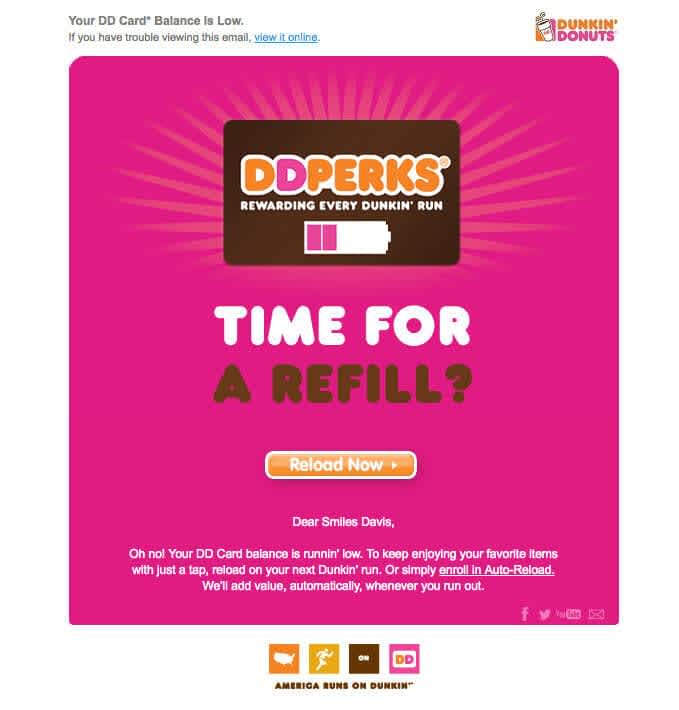
Here, Dunkin' keeps in touch with a customer and notifies them of a low card balance. It uses a helpful, friendly tone that offers assistance rather than pushing a purchase.
In summary
Remember, excited, delighted, and happy customers are viral marketing channels themselves. That's the effect clients can have when you delight them with your products and services. Try applying these five principles the next time you add a growth hack to your receipt emails, and see how your numbers grow!
Transactional email
Whether you're a marketer trying to create beautiful transactional emails or a developer building a fast-sending pipeline via API calls - you need to be able to roll out your program quickly. Choosing a transactional email service provider is important, and this is where Mailjet can help.



